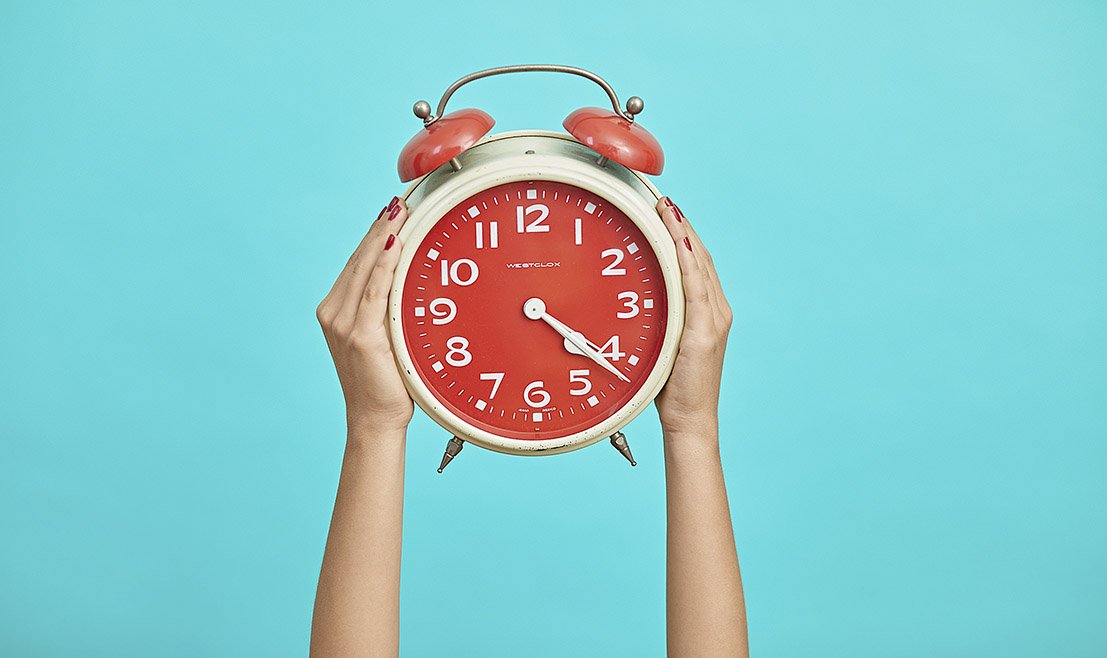Last Monday (7), the president elected in the last elections, Luiz Inácio Lula da Silvacommented return DST In a poll on Twitter – the time change was canceled in 2019 by the government of Jair Messias Bolsonaro (PL). The measure could be one of the first proposed changes to his mandate, which will begin in January 2023.
A few days ago, actor Bruno Gagliasso also posted a message on Twitter, addressing the elected vice president Geraldo Alckmin, commenting on the return of daylight saving time.
Government consulting the population. What do you think about the return of summer time?
— Lula (@LulaOficial) 7 November 2022
“The main purpose of Daylight Saving Time was to make better use of natural light than artificial light, by setting the clocks forward one hour to reduce the concentration of consumption between 6 pm and 9 pm”. page federal government official.
If the decision brings back the special time, the clocks will be advanced one hour. While it may not seem like it, the change is greater than simply gaining more light time or lowering the value of light bills.
Change affects the biological clock
The human body works according to a biological clock, and therefore our nervous system determines the times when we are sleepy, hungry, and eager, whether physical or mental. Thus, the most common consequence of change is the mismatch of our biological ‘agenda’.
The most common sensations during changes in biological time are: lethargy, fatigue and decreased attention. Therefore, in some cases, people may notice a decrease in their income at work or studies. Fortunately, the daylight saving time adaptation period takes about a week.
“The hormone cortisol, which is secreted in the body before the individual wakes up, has the function of preparing him for daily activities. The forced change in the biological rhythm of each one causes a number of physical problems,” he says. Miriam Mendonça Morato Andrade, chronobiologist and professor in the Department of Biological Sciences at the UNESP Faculty of Arts and Sciences.
Does Summer Time Affect the Heart?
With the new measure, one of the main changes may be difficulty sleeping at the scheduled time, as the clocks are moved forward by one hour. For this reason, those who suffer from insomnia during their menstrual period should also feel sleepy in the morning.
The problem is that sleep deprivation can disrupt different functions in the human body, such as increasing the risk of cardiovascular disease. In this way, some people may be more likely to suffer from different heart conditions such as hypertension and heart attack.
To help you adjust to daylight saving time more smoothly, doctors recommend avoiding heavy foods and energy drinks, along with a good bed and wake routine before bed. According to Hospital do Coração (Hcor), physical exercises are always important, but they can be even more helpful in the process of adapting to change.
Source: Tec Mundo
I am Bret Jackson, a professional journalist and author for Gadget Onus, where I specialize in writing about the gaming industry. With over 6 years of experience in my field, I have built up an extensive portfolio that ranges from reviews to interviews with top figures within the industry. My work has been featured on various news sites, providing readers with insightful analysis regarding the current state of gaming culture.










